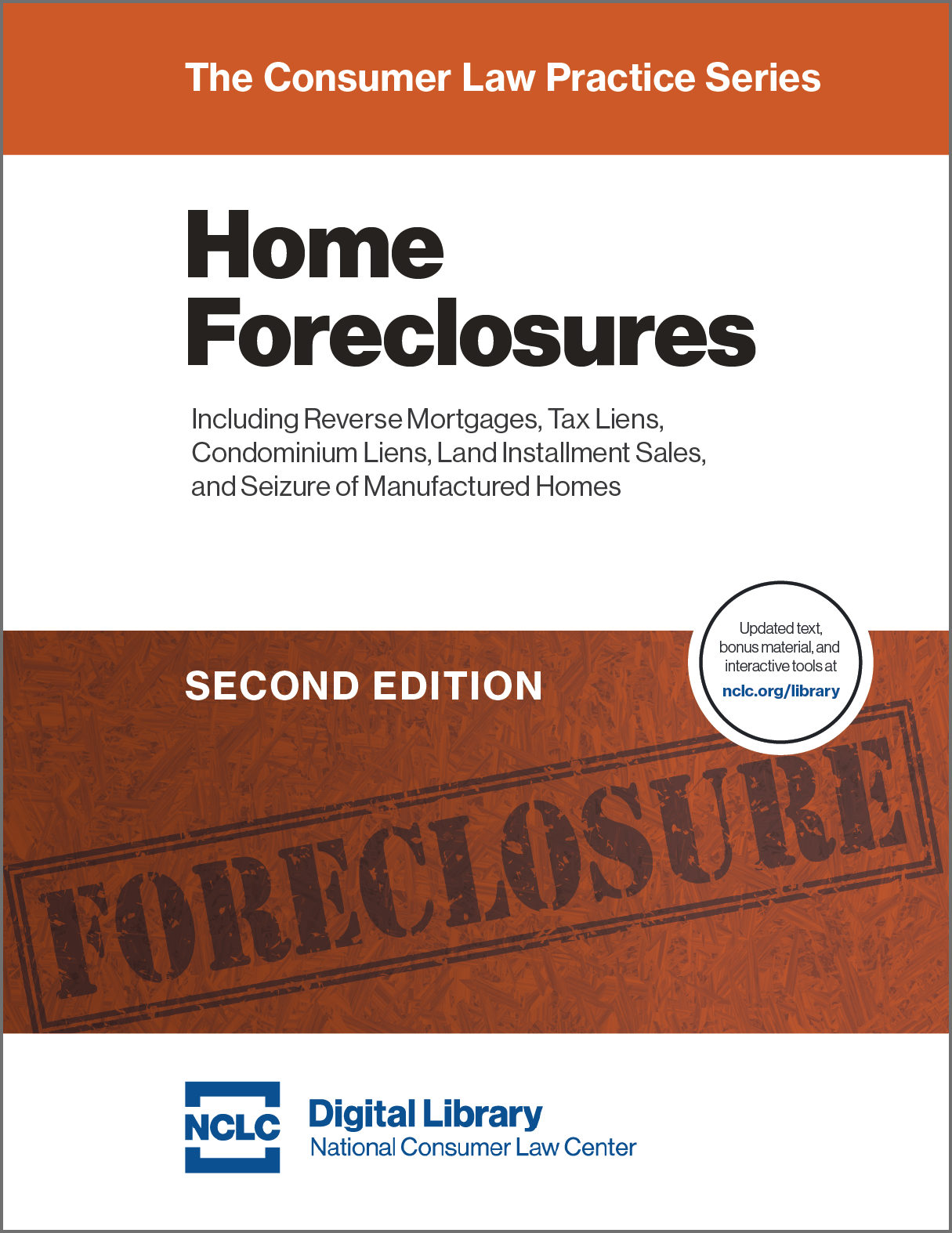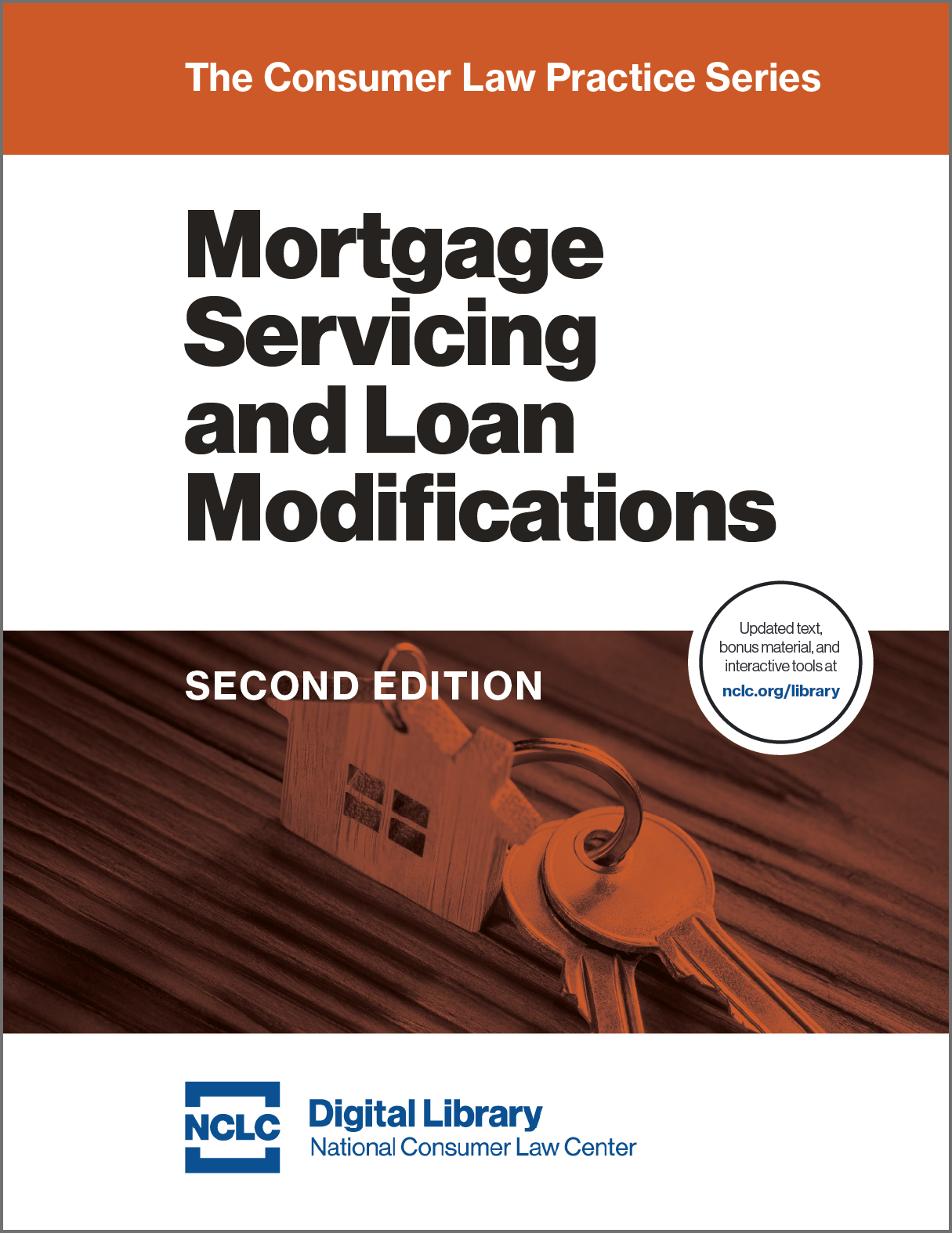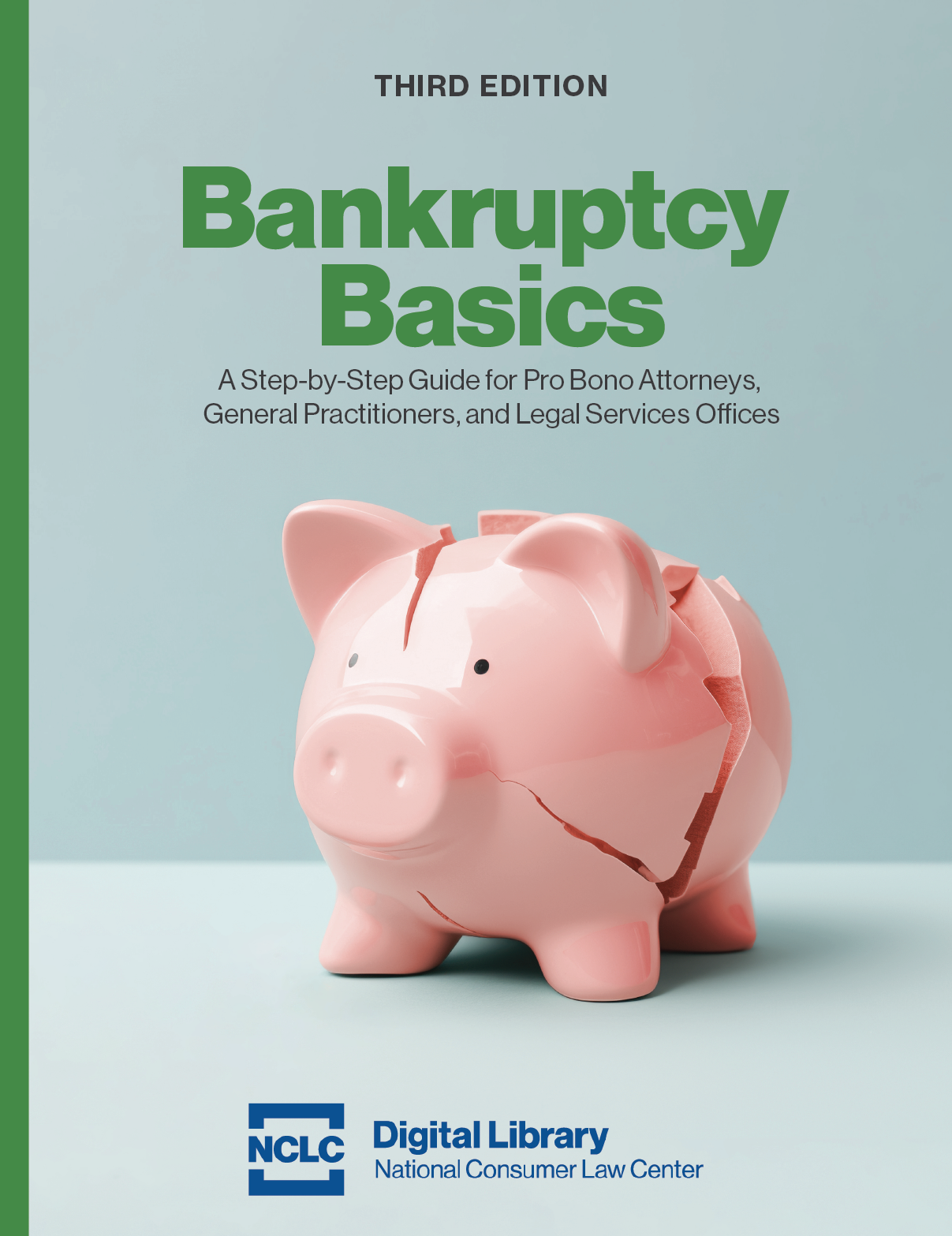Search
Deciding Whether to File for Bankruptcy: Consumer Debt Advice from NCLC
Effective April 19, New Mortgage Servicing Rights for Heirs, Spouses, and Debtors in Bankruptcy
Effective October 19, New Rights for Homeowners Seeking Loan Modifications
Bankruptcy News: Added Veterans’ Protections; New Rules; Student Loan Dischargeability
Game-Changing New Bankruptcy Rules Effective December 1
Cheat Sheet to COVID-19 Bankruptcy Provisions and Sunsets
New March 27, 2021, bankruptcy legislation now extends the sunset dates of the three CARES Act bankruptcy provisions. This article explains the new law and then provides a “cheat sheet” listing all ten of the COVID-19 related bankruptcy provisions by sunset date, with links to more detail for each provision and also Public Law and U.S. Code citations.
New Consumer Bankruptcy Protections Now Effective
This article explains the new consumer bankruptcy protections found in the Consolidated Appropriations Act that were effective December 27, 2020: the availability of a chapter 13 discharge despite missed payments, protection of stimulus payments from the bankruptcy trustee, no discrimination of debtors in bankruptcy from CARES Act protections, continued utility service without a deposit, and more.
What Every Homeowner Should Know About Mortgage Payments: Consumer Debt Advice from NCLC
What Practitioners Need to Know About New Bankruptcy Rules, Effective December 1
Sup. Ct.: Bankruptcy Stay Relief Determination Is a Final, Appealable Order
New Changes to Federal Mortgage Servicing Requirements
New requirements, interpretations and issues have been raised in 2015 as to federal mortgage servicing requirements. These are all covered in the updated online version of Chapter 3 of NCLC’s Foreclosures and Mortgage Servicing (5th ed. 2014). Click on highlight updates to see the new changes added since the print edition:
New Rights for Homeowners Exiting COVID-19 Forbearances
Over 30 Recent Decisions Interpret New CFPB Mortgage Servicing Regs
Six Ways to Avoid the “One-Bite” Rule for RESPA Loss Mitigation Applications
In evaluating whether to file a court action for violations of the RESPA Reg. X loss mitigation rule, determine if the servicer evaluated any of the client’s earlier loss mitigation applications. Reg. X, 12 C.F.R.
Increase of Federal Bankruptcy Exemptions, Other Dollar Amounts: April 1, 2019
Image
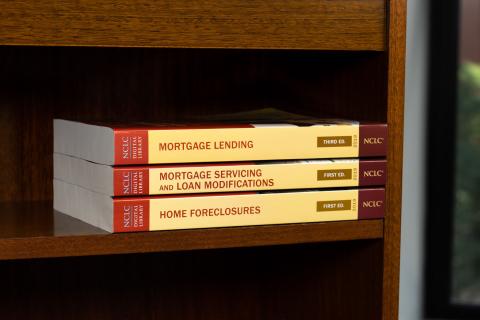
New CFPB Rule Protects Homeowners Facing Foreclosure
This article explains in detail important CFPB amendments to RESPA Reg. X taking effect August 31 affecting mortgage servicer early intervention and loss mitigation requirements. The rule provides new rights to homeowners exiting mortgage loan forbearances or experiencing a COVID-related payment hardships—rights applicable not just to federally insured mortgages, but to almost every home mortgage in America.
Effective December 1, New Rules Simplify a Consumer Bankruptcy Practice
Effective December 1, 2022, three amendments to the Bankruptcy Rules go into effect that deal with the debtor’s notice to creditors or the U.S. trustee. In general, these amendments simplify the practice of consumer bankruptcy law and this article explains each rule amendment and how it changes existing bankruptcy practice.Effective December 1, New Rules Simplify a Consumer Bankruptcy Practice
Image
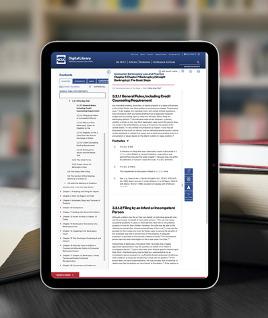
Our Five Favorite New Features on NCLC’s Revamped and Enhanced Digital Library
Here are our five favorite new features on the revamped NCLC Digital Library, giving you a faster, easier reading experience, letting you view extra content related to the page you are viewing, adding powerful new search options, offering at no charge over 1400 written submissions at NCLC conferences, and including free to the public 6000 chapter and appendix subsections.
Image

New Process to Discharge Student Loans in Bankruptcy
New federal Guidance should make it far easier to obtain a bankruptcy discharge of student loans. Completing a simple Attestation Form may lead to an agreement to settle the debtor’s undue hardship discharge proceeding. This article explains the new Guidance’s significance, scope, and limits, and then sets out in 10 steps the process to complete the Attestation Form and seek a discharge of student loans.
How to Draft a Chapter 13 Plan Under the New Rules
Key to drafting a successful chapter 13 plan under the new Bankruptcy Rules is adding “nonstandard provisions” not found on the standardized forms. As set out in this article, NCLC now provides sample language for over thirty-five nonstandard provisions that attorneys can copy/paste into their plans.
April 1 Increase of Federal Bankruptcy Exemptions, Other Dollar Amounts
Effective April 1, consumers filing bankruptcy will be able to exempt more of their equity in their homes, cars, household goods, and even retirement accounts. This article describes all the bankruptcy dollar amount changes going into effect April 1.
